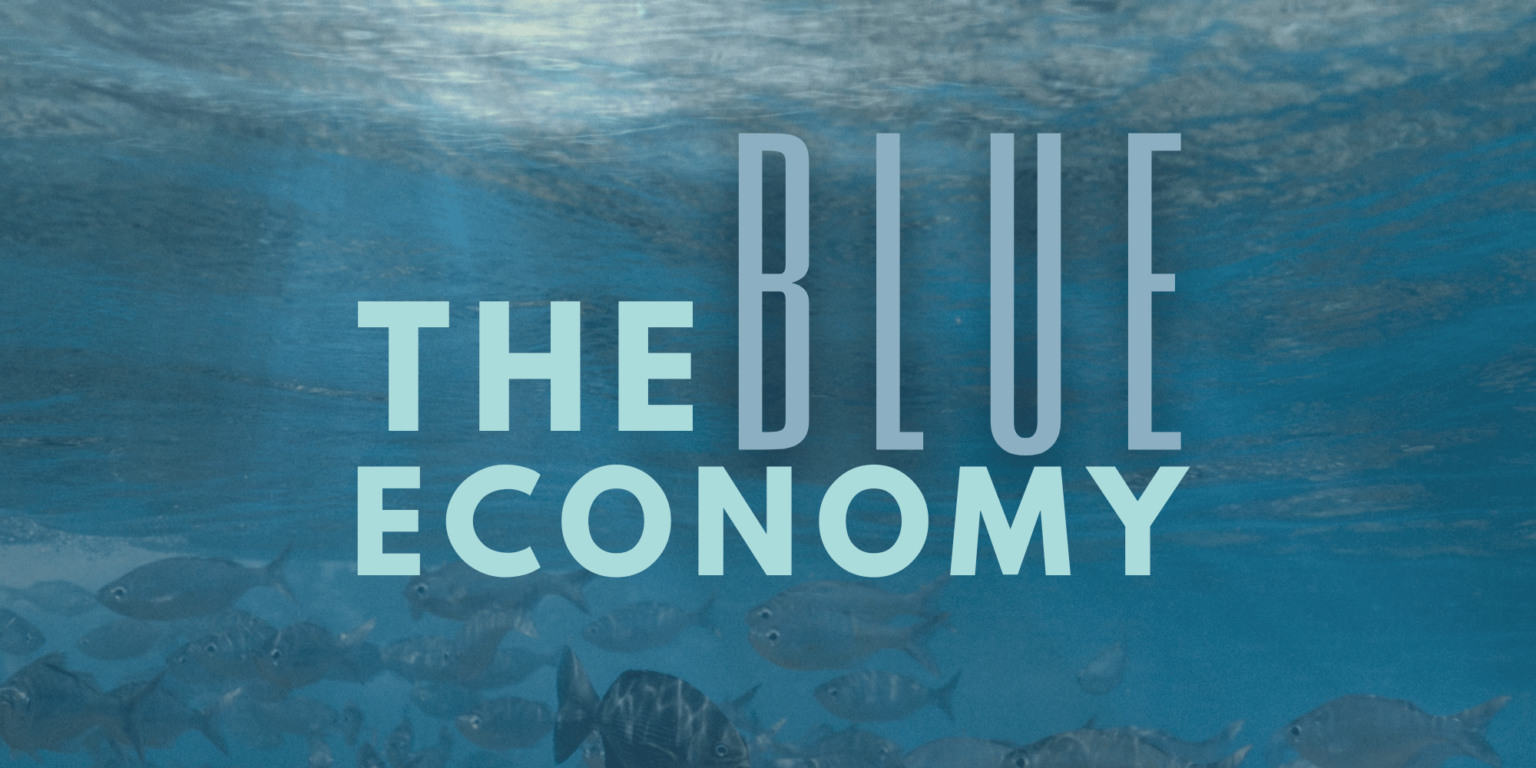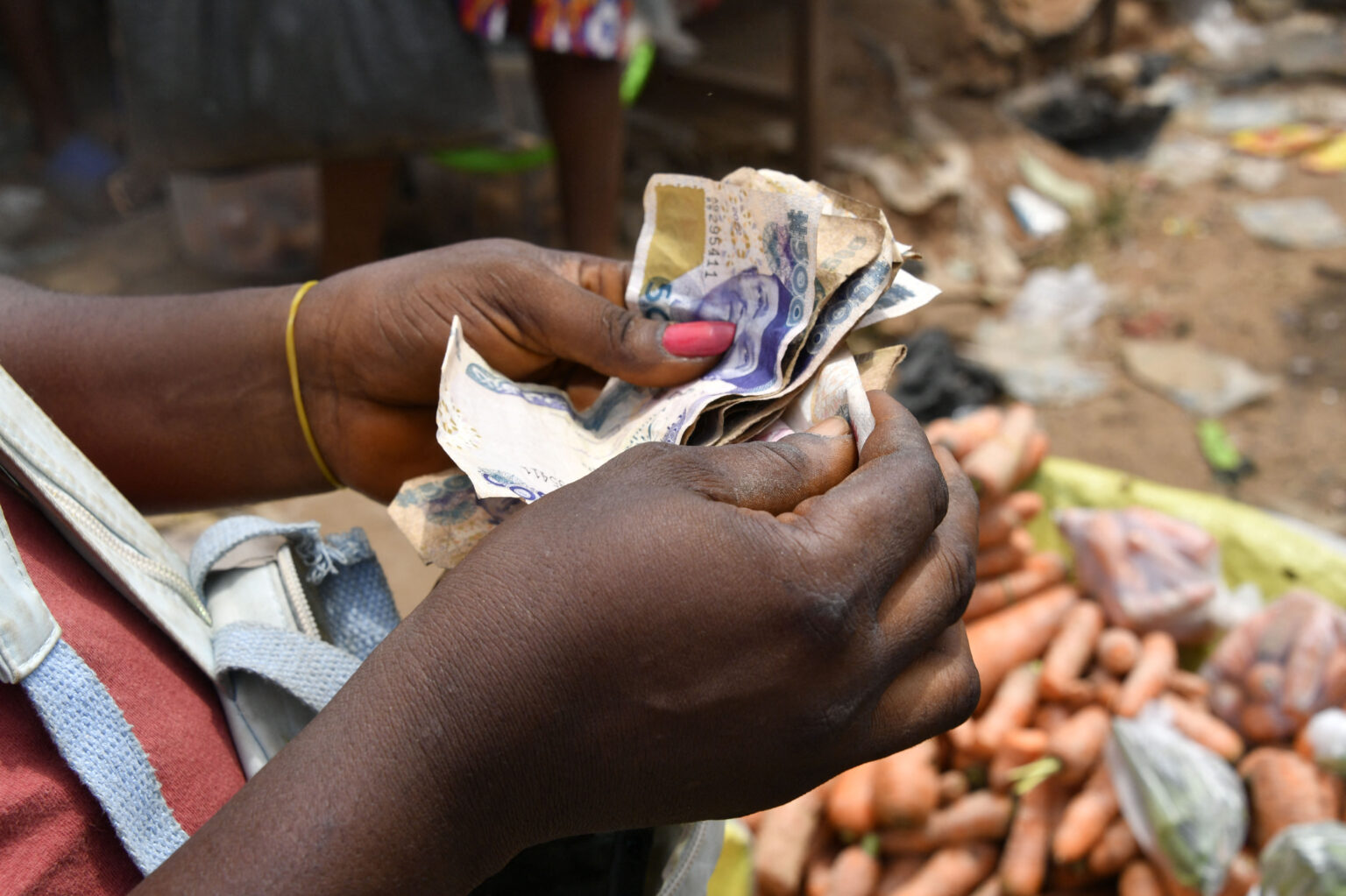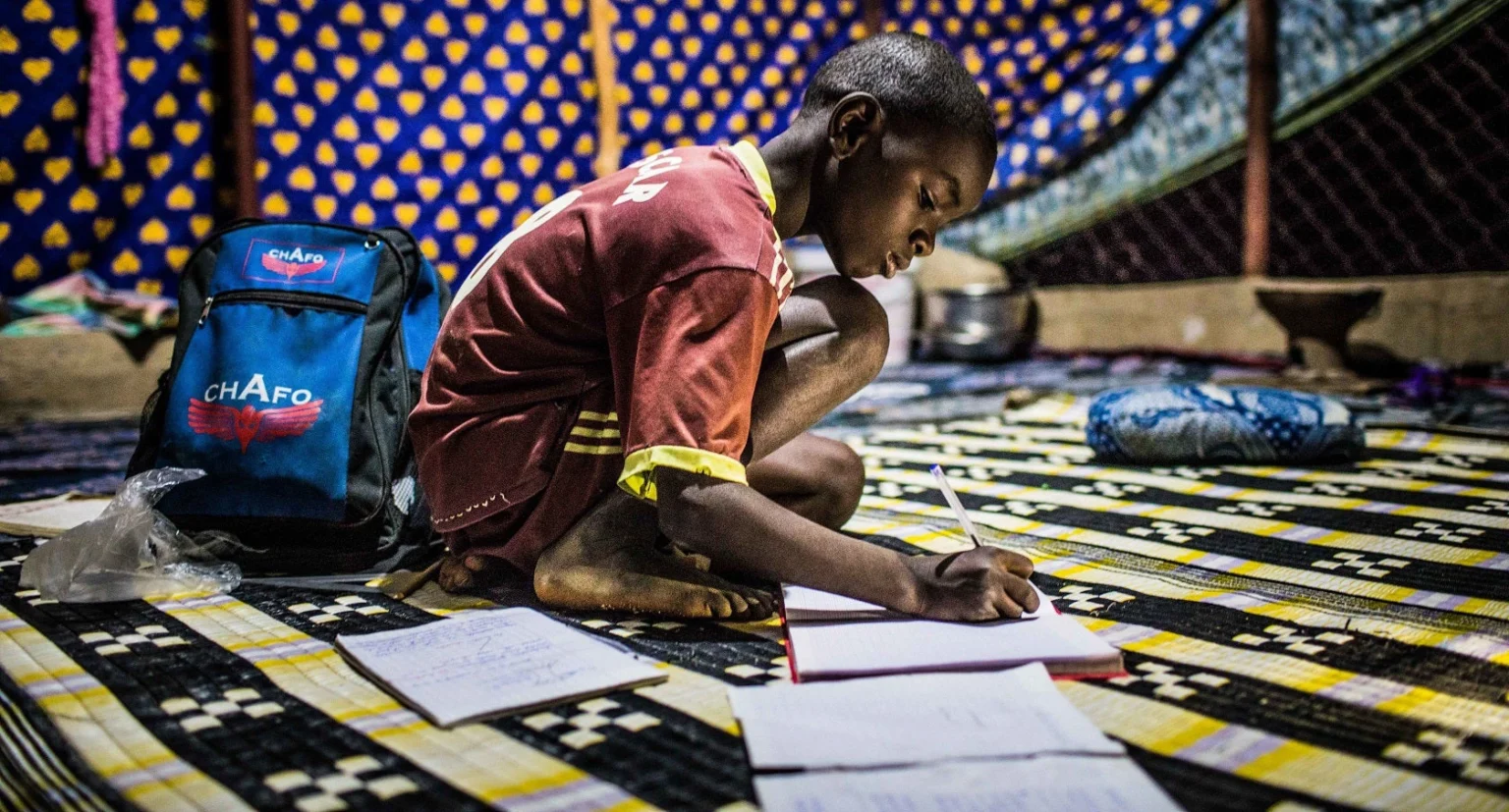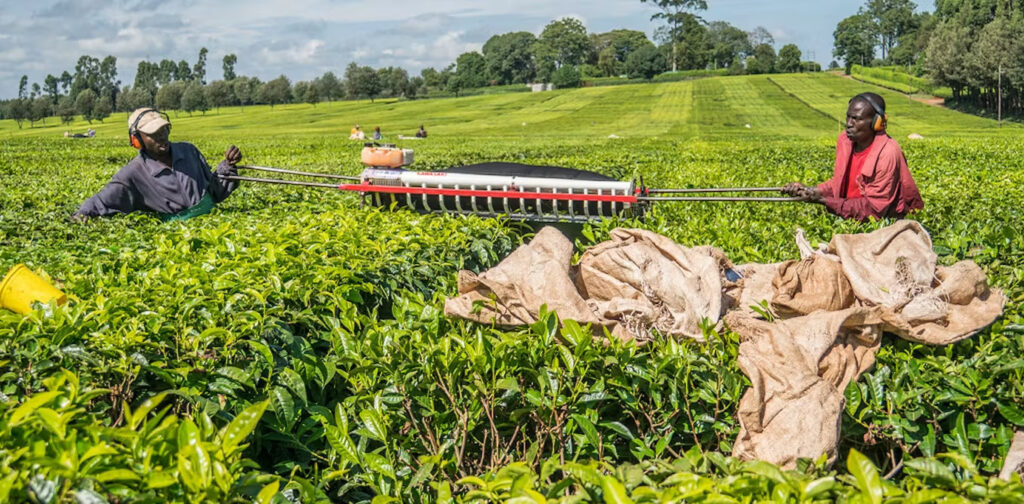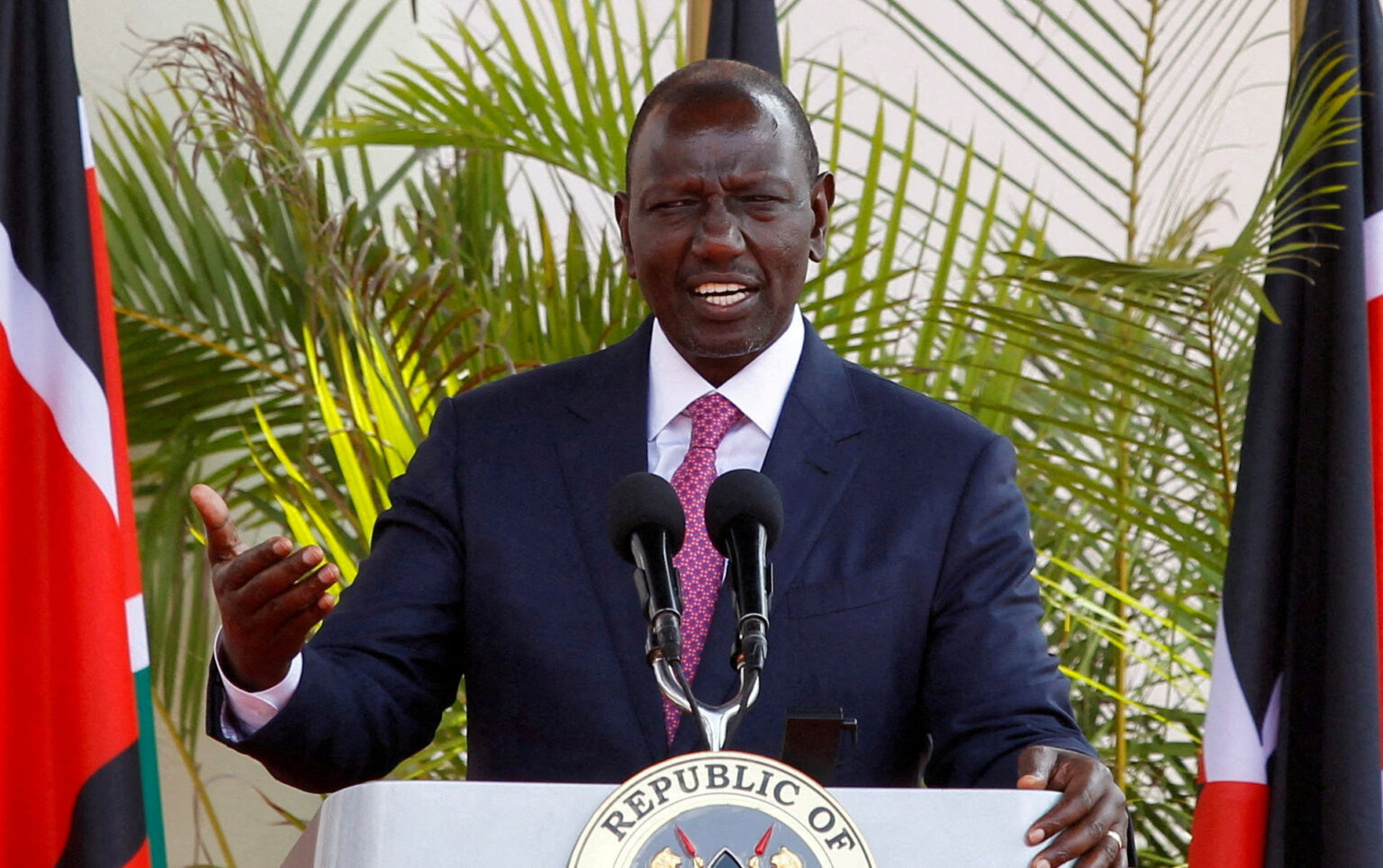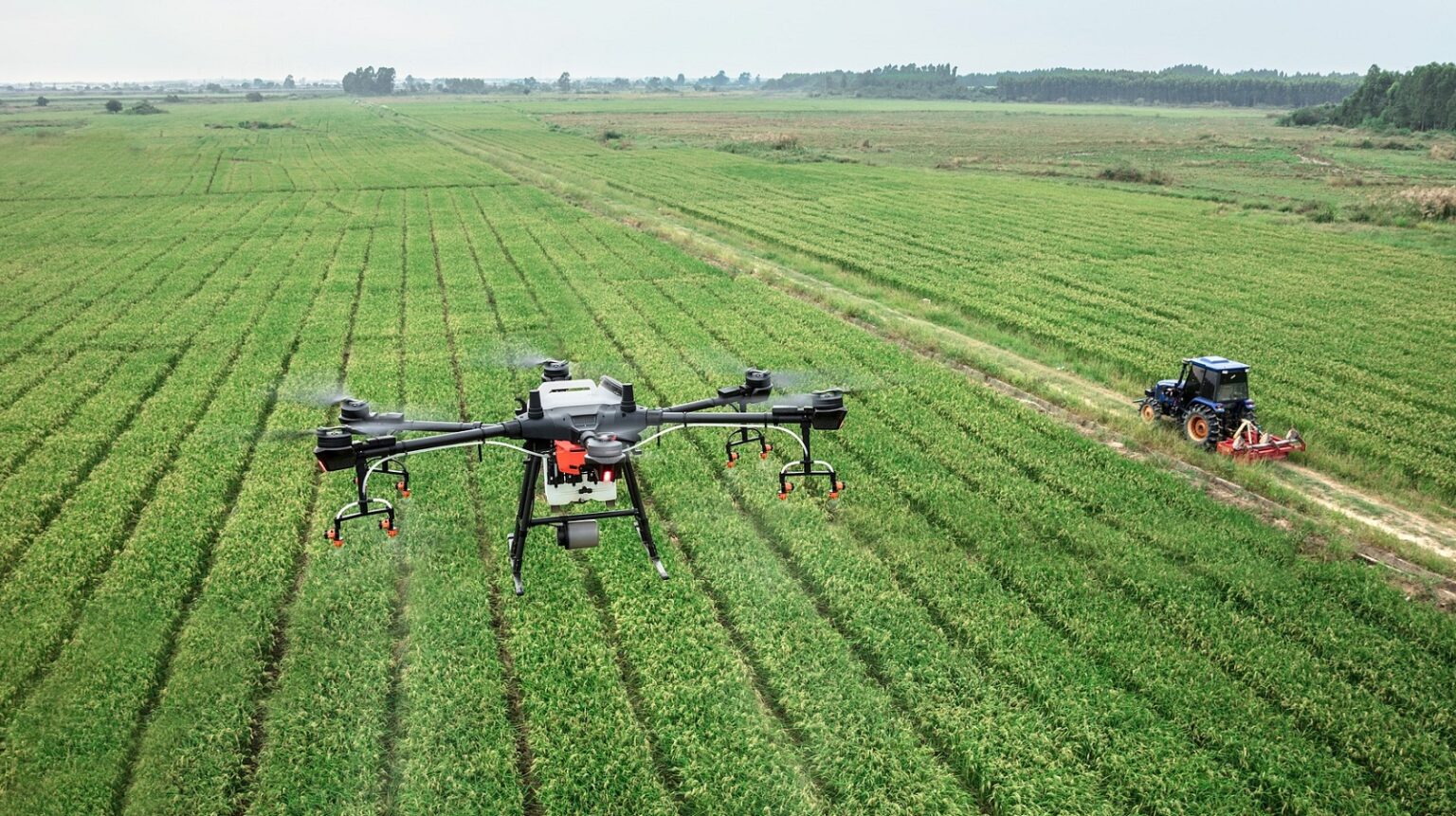- Russia and Tanzania unite to double trade, boost Africa market access
- History as Janngo Capital seals Africa’s largest gender-equal $78M tech VC fund
- South Africa Budget Disappoints Investors as Deficit Widens
- Kenya drops to 6th place in Africa trade barometer
- Tanzania’s bold move to boost cashew nut exports by 2027
- Chinese cities dominate global list of places occupied by billionaires
- Sudan tops up as Africa aims for $25 billion development fund
- Opportunities for youth: Tech firms Gebeya and NVIDIA to train 50,000 developers in Africa
Author: James Ndwaru
I am a writer based in Kenya with over 10 years of experience in business, economics, technology, law, and environmental studies.
- Private capital emerges as a pivotal force in unlocking Africa’s economic growth potential.
- Partnerships between governments, private investors, and multilateral institutions are instrumental in mobilising capital for large-scale projects.
- The government must create an enabling environment for the private sector to thrive and establish policy frameworks to favour private ventures.
Private capital emerges as a pivotal force in unlocking Africa’s economic growth potential. Investing in Africa will address pressing development needs and present lucrative opportunities for investors. Following the projected population growth in the continent, the demand for infrastructure, food, and services will soar, creating a vast market for investors to tap into. Moreover, Africa hosts abundant natural resources, offering attractive prospects for energy, mining, and agriculture industries.
As Africa continues on its path to economic stability and development, the critical need for financing becomes increasingly apparent. From transportation networks to energy systems, the continent is ripe with opportunities …
- Kenya is pioneering steps towards integrating the concept of the Blue Economy within its governance structure
- Blue Economy has the potential to create direct jobs in the shipping and fishing sectors while indirectly creating jobs
- According to Kenya Maritime Authority (KMA), the industry regulator, Kenya exploits just 8 per cent of the potential of its marine fisheries.
Kenya’s marine potential is vital for social and economic growth and development of the country. Kenya is pioneering steps towards integrating the concept of the Blue Economy within its governance structure have set a precedent for sustainable development in the African continent. With the establishment of the Ministry of Blue Economy, the nation has showcased its commitment to harnessing the vast potential of its marine resources. This move signifies a crucial shift in prioritising the preservation and utilisation of the ocean’s bounty, in line with global sustainability goals.
Kenya has a long coastline …
- The need to tackle youth unemployment in Kenya has intensified over the years.
- Technical vocational training (TVET) is one of the most significant tools in combating poverty and bridging skills gaps.
- Despite the vast opportunities and possibilities, vocational training still faces significant challenges.
In a rapidly changing global job market, the importance of vocational training has never been more evident. Vocational training prepares individuals with practical skills and knowledge for securing meaningful employment. The need to tackle youth unemployment in Kenya has intensified over the years.
The significance of vocational training lies in its ability to address the global skills gap, where employers often struggle to find candidates with the practical abilities required for specific jobs. It empowers individuals to secure stable employment and is critical in economic development and reducing unemployment.
The importance of technical and vocational education in the broader concept of global development cannot be overstated. The …
- The urgency to transform African food systems is not solely an agricultural or economic imperative but a moral, social, and ecological one.
- Africa is confronted with a heavy crisis of malnutrition, poverty, inequality, and unemployment. Food affordability and access are unevenly distributed, and gaps widen even further.
- Improving the performance of the food system is critical if we are to sustainably feed nearly 10 billion people by 2050 while raising farmer incomes, protecting them from climate change, and helping them to thrive.
Africa, a continent of great potential, stands at a crossroads. Africa has most of the world’s most fertile lands, immense resources, and a growing young population. However, it remains paradoxically entangled in the danger of food insecurity and malnutrition.
Challenges such as climate change, post-harvest losses, poor farming technologies, and inadequate supply chains persist. The urgency to change African food systems is not solely an agricultural or economic …
- Data from the World Bank’s Global Findex Database 2021 indicates significant strides in female financial inclusion over the past decade.
- In the 10 years leading up to 2021, the share of women in Africa who owned a financial account doubled to more than 49 per cent.
- This surge in women’s account ownership in many developing countries is largely attributed to mobile money platforms.
Data from the World Bank’s Global Findex Database 2021 indicates significant strides in female financial inclusion over the past decade. The gender gap in ownership of formal financial accounts in developing countries has decreased from 9 to 6 per cent, signifying a move towards financial parity for women.
The increase in account ownership among women has outpaced that of men, with 68 per cent of adult women in developing nations now participating in formal financial systems. This surge in women’s account ownership in many developing countries is …
- There is a debt crisis in Africa as countries struggle to repay international loans.
- According to the World Bank, nine African countries entered 2024 in debt distress, with another 15 at high risk of distress and 14 more categorised as moderate risk.
- According to the United Nations, Africa’s public debt will stay above pre-pandemic levels in 2024 and 2025.
At 4 per cent, Africa is projected to be the second fastest-growing economic region in the world in 2024, according to a report by the International Monetary Fund (IMF). However, behind the headline figure is a less optimistic reality.
Many African countries have suffered from slow post-COVID-19 recovery, climate change shocks, worsening food security situation, political instability, weak global growth, and high-interest rates. These economic shocks have pushed over 55 million people into poverty since 2020. The situation is increasingly alarming as more than half of the continent’s countries are in …
- Energy experts warn that the shortages that plague Africa’s electricity access in 2024 will have a significant drain on the continent’s economic growth.
- World Bank will connect 300 million Africans to electricity with a $35 billion plan.
- Africa is poised to adapt to transformative advancements that will reshape the landscape of energy access, storage, and connectivity across the continent.
Africa remains the most energy-deficient continent, with approximately 75 per cent of its population lacking access to electricity. As of 2021, 43 per cent of Africans, roughly 600 million people, were without electricity access, with 590 million in sub-Saharan Africa. Consequently, nearly half of the continent’s population is unable to use basic electrical appliances.
Despite improvements in electricity access in sub-Saharan Africa, where 49.4 per cent of the population had access in 2022, up from 33 per cent in 2010, electricity consumption has not seen a corresponding increase. The persistent lack …
- Africa’s agribusiness sector is undergoing significant transformations driven by population growth, urbanisation, technological advancements, and shifting consumer preferences.
- Alongside their role in stimulating economic growth, agribusiness and agro-industrial development have the potential to reduce poverty and foster social and economic growth.
- Technological advancements and digital transformations are revolutionising agribusiness in Africa, offering transformative opportunities.
Africa’s agribusiness sector potential
Agribusiness in Africa is undergoing significant transformations driven by population growth, urbanisation, technological advancements, and shifting consumer preferences. As a continent with abundant agricultural resources, Africa holds immense potential for agribusiness development.
African economic growth remains commodity-based, mainly on commodity exports, with minimal processing and value addition involved. To foster sustainable and inclusive growth and development in Africa, there is an urgent need to promote a new development approach based on exploiting the continent’s full agribusiness potential.
Some pressing issues call for a reorientation to support agribusiness and agro-industrial development, namely, poverty …
- Kenya’s economic resurgence in 2024 proving a reality following a notable upturn in recent months, marked by positive indicators across sectors.
- According to CBK, leading indicators point to the continued strong performance of the Kenyan economy in the first quarter of 2024.
- According to the World Bank, Kenya’s economic growth is projected to be 5.2 per cent, boosted by increased investment in the private sector as the government reduces its activities in the domestic credit market.
A strong rebound
Kenya’s economic prospects are looking brighter, attributed to the interventions by the World Bank and the International Monetary Fund, which have played a massive role in easing volatility witnessed less than three months ago.
Major economic indicators in the country show that confidence is slowly creeping back after the government secured the International Monetary Fund’s facility to pay back the Eurobond.
The repayments had triggered volatility in financial markets, including the …
Africa’s agritech potential is immense. Agriculture can help solve various issues, including food security, poverty reduction, and economic transformation. However, technology is needed to revolutionise agriculture and solve farming and agricultural challenges.…






